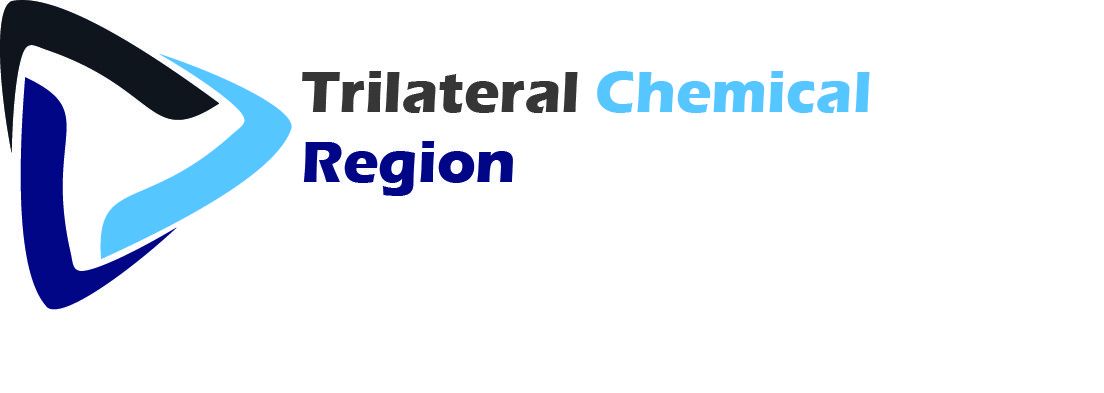The competitiveness of and, thus, the jobs in the trilateral chemical industry cluster depend on getting the raw materials efficiently to the production sites and getting out the products efficiently mostly via the seaports to the customers worldwide.
A well-developed pipeline network is a crucial component in this transport infrastructure system.
Within the framework of the trilateral strategy process, a working group on pipelines consisting of pipeline experts from companies of all three regions identified two driving forces behind the need for an improved transport by pipelines in the trilateral region. Firstly, pipelines contribute to a secure and reliable supply of resources in times of insufficient rail freight capacities and seasonal waterway transport limitations (Rhine low water level). This is essential for the long-term competitiveness of the chemical industry in Flanders, the Netherlands and North-Rhine Westphalia. Secondly, the sustainable transport mode ‘pipeline’ serves the need to drastically reduce carbon emissions as the industry’s contribution to the commitment made in the Paris Agreement on Climate Change.
There already is a valuable existing pipeline network in the trilateral region. However, a significant west-east gap exists that currently prevents the exploitation of the full potential of the network and that is a clear threat to the future competitiveness of the chemical industry in the trilateral region.
The working group on pipelines carried out a survey amongst its members on future needs for pipeline transport between the Rhine-Ruhr and the ARA region thus allowing to give a concrete indication on specific materials to be transported. Based on the results the working group produced a position paper specifying cornerstones of a vision for pipelines in the trilateral region (such as the reduction of project realization times and an early inclusion of the public and the full recognition of pipelines as a transport mode in the TEN-T network).
Facilitated by the joint work in the working group on pipelines a core group of companies currently is sounding out the prospect for a letter of intent for a common project for several product streams.

